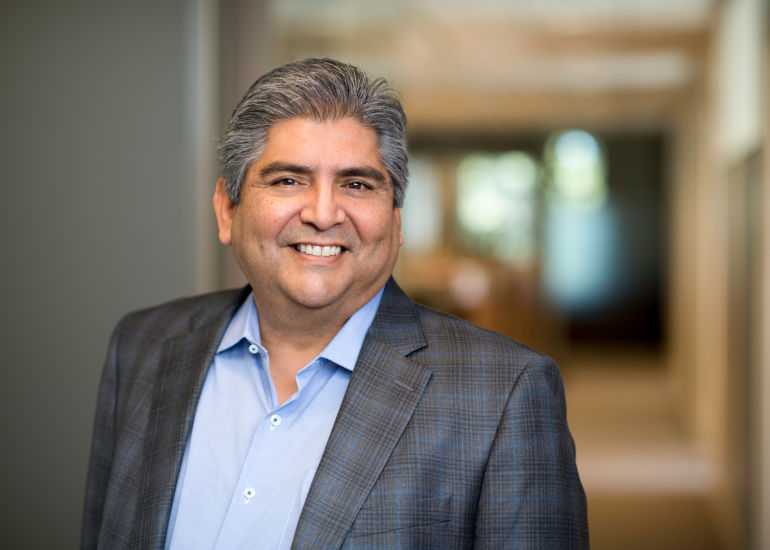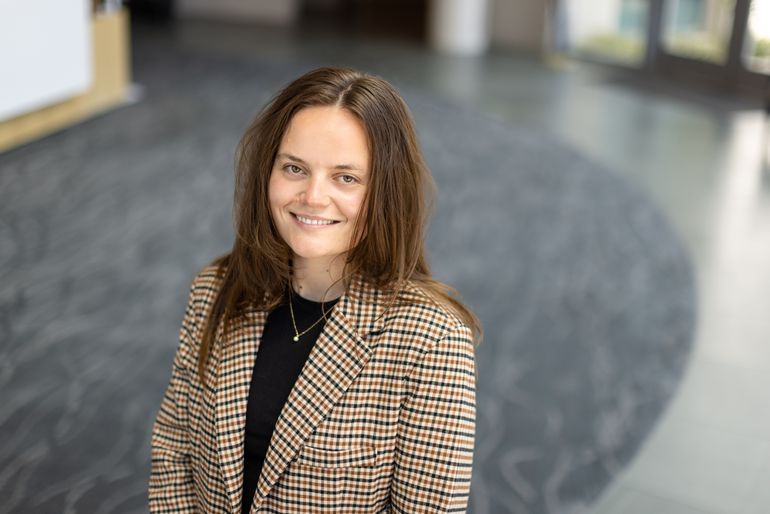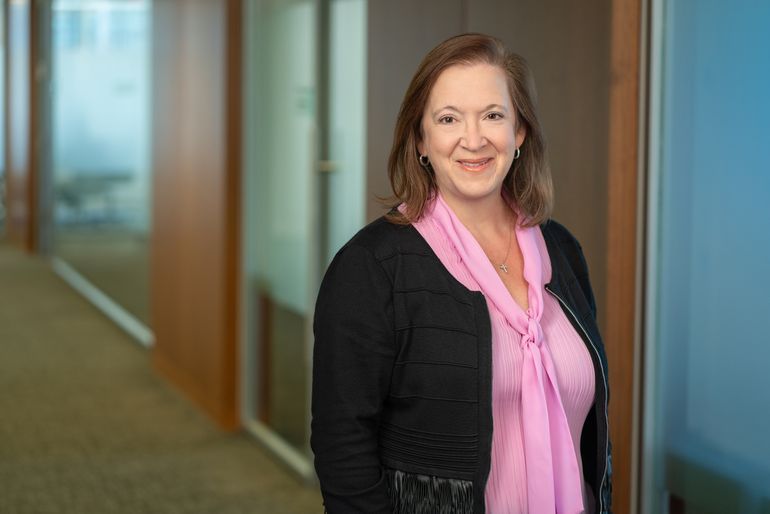
On July 17, 2023, the California Supreme Court ruled that where an employee has brought a California Private Attorneys General Act (PAGA) action that is comprised of both individual and non-individual claims, a court order compelling arbitration of the employee’s individual claims “does not strip the [employee] of standing as an aggrieved employee to litigate claims on behalf of other employees under PAGA.” The court’s decision in Adolph v. Uber Technologies,1 is bad news for California employers. Just last year the U.S. Supreme Court’s (SCOTUS) decision in Viking River Cruises, Inc. v. Moriana,2 (“Viking River”) held essentially the opposite—that where an enforceable arbitration agreement exists, a court could compel an employee to litigate individual claims in arbitration and that, when it did so, the employee could no longer pursue any non-individual (“representative”) claims in court and the court should dismiss any such non-individual claims. As a result, California employers can expect to see an increase in costly PAGA actions with little hope that their arbitration agreement will reduce the risk of such claims.
What Is PAGA, and Why Is It Relevant to California Employers?
PAGA is a California state law that permits any “aggrieved employee” to initiate a lawsuit against an employer “on behalf of himself or herself and other current or former employees” in order to obtain civil penalties that previously could have been recovered only by the State of California in a Labor & Workforce Development Agency action. When the employee does so, the employee sues as an “agent or proxy” of the State, which at all times is the real party in interest in the PAGA suit. In such a PAGA action, the employee may assert that the employer is liable for a number of California Labor Code violations affecting the employee and other alleged aggrieved employees, and pursue civil penalties for such violations. Employer liability in PAGA matters may be substantial as they frequently involve hundreds of current and former employees. PAGA’s default penalties are $100 for each aggrieved employee per pay period for the initial violation and $200 for each aggrieved employee per pay period for each subsequent violation. Cal. Lab. Code § 2699(f)(2). In a successful PAGA action, the employee/plaintiff may also recover attorneys’ fees and costs.
Background in Adolph
Erik Adolph was a driver for Uber Eats, a meal delivery service, which is owned by Uber Technologies, Inc. (Uber). As a driver, Uber required Adolph to accept a technology services agreement, which included an arbitration provision requiring him to arbitrate, on an individual basis only, almost all work-related claims. This agreement also included a PAGA waiver preventing Adolph from bringing any non-individual PAGA claims on behalf of others, as well as a severability clause, providing that the PAGA waiver could be severed from the arbitration agreement if found to be unenforceable. If that were to occur per the terms of the severability clause, non-individual claims could be litigated in court even while Adolph’s claims proceeded in arbitration.
As relevant here, Adolph brought a PAGA-only claim for civil penalties, alleging that Uber misclassified him and other drivers as independent contractors (instead of employees) and failed to reimburse them for necessary work expenses. In response, Uber sought to compel arbitration of issues as to Adolph’s independent contractor status, as well as the enforceability of his arbitration agreement. The trial court denied Uber’s petition to compel arbitration, and Uber appealed. The California Court of Appeal affirmed the trial court’s decision.
Uber then appealed to the California Supreme Court. Before Adolph could file his response, the U.S. Supreme Court decided Viking River, holding that the Federal Arbitration Act (FAA) preempts the Iskanian rule, which prohibits wholesale waivers of PAGA claims, to the extent that pursuant to that rule state law precludes arbitration agreements from dividing PAGA actions into individual and non-individual claims.3 In other words, under Viking River, where permitted by agreement (in that case because of the existence of a severability clause), PAGA claims could be divided into individual and non-individual claims, and the employer could indeed compel the employee to arbitrate their individual PAGA claims. The Court also determined, however, that once an employee’s individual PAGA claim is compelled to arbitration, the employee cannot bring a non-individual claim on behalf of other aggrieved employees.
While Viking River was viewed as a victory for California employers, the decision also left room for California courts or the state legislature to clarify whether an employee who has been compelled to arbitrate the individual claims under PAGA may nevertheless separately assert the non-individual claims in court. The California Supreme Court accepted this invitation to clarify in its consideration of the Adolph appeal.4
The Adolph Decision
In short, and as noted above, Adolph holds that a plaintiff who brings a PAGA action may continue to litigate their non-individual claims in court. This remains true even if the employee has signed an enforceable arbitration agreement agreeing to arbitrate their individual claims, and even in the face of a court compelling the employee to arbitrate their individual PAGA claims. According to Adolph, an employee’s ability to bring a non-individual PAGA claim is not affected by enforcement of an agreement to adjudicate their individual claim in another forum.5 According to the court, arbitrating individual claims does not nullify the alleged Labor Code violations nor strip the employee of their right to pursue remedies in court. In reaching its decision, the court made clear that it was not bound by SCOTUS’s interpretation of California law, and that the California Supreme Court was “the final arbiter of what is state law.”
What Should California Employers Do After Adolph?
In Adolph, the court interpreted PAGA in an expansive fashion, which it believes is faithful to the statute itself and fully supports PAGA’s contemplated enforcement scheme. Such an approach will permit allegedly aggrieved employees to assert numerous Labor Code violations against their employers, on behalf of themselves and other employees. As a result, following Adolph, California employers should expect to see more PAGA litigation, and should promptly do the following:
- Together with counsel or their HR professionals, ensure that their wage and hour practices, including employee classification practices, and meal and rest period policies are lawful and followed. While such policies will not necessarily insulate an employer from PAGA litigation, they will help reduce potential exposure if such claims are brought.
- Review existing employment applications, offer letters, proprietary information agreements, stand-alone arbitration agreements, and other agreements and policies addressing arbitration of employment disputes to determine whether, as drafted, they are permissible and enforceable under California law. Under existing law, even post-Adolph, an arbitration agreement that contains a class waiver (as opposed to a PAGA-specific waiver) is likely enforceable. Such a waiver may significantly reduce the risk of potential class action litigation of wage and hour claims. Many older forms used by California employers run afoul of current case law (or do not provide its full protections), and periodic review of the employer's arbitration agreement makes sense in any event. While a class waiver is enforceable, it will likely not be enforced if it exists in an otherwise unlawful arbitration agreement.
- Consider adopting an arbitration agreement requiring arbitration of all employment-related claims. While Adolph and PAGA may diminish some of the utility of a class waiver for California employers, a class waiver may nevertheless be of value, especially as it relates to reducing the potential exposure presented by wage and hour class litigation.
- Confirm there is a robust system in place to ensure that all existing employees have indeed signed their arbitration agreements, and that agreements are retained appropriately. An employer's decision to adopt an enforceable arbitration agreement (with or without a class waiver) is meaningless if the employer cannot locate the agreement when needed.
- Continue to monitor legal developments in California and other states where the employer does business to ensure compliance with applicable law. Together with counsel, employers should be vigilant in enforcing an arbitration agreement where circumstances warrant doing so, and utilizing the agreement to the maximum extent possible—even in PAGA matters.
Wilson Sonsini Goodrich & Rosati is actively following developments around the country with respect to all aspects of employment and trade secrets law, including developments regarding arbitration agreements. The firm is available to assist employers in navigating this constantly changing arbitration landscape. For more information, please contact Rico Rosales, Marina Tsatalis, Jason Storck, Rebecca Stuart, Matt Gorman, or any member of the firm's employment and trade secret litigation practice.
[1] No. S274671, 2023 Cal. LEXIS 4099 (July 17, 2023).
[4] Notably, several California appellate courts also took the invitation and concluded that Viking River did not correctly interpret California law surrounding PAGA.
[5] In reaching this conclusion, the court relied on pre-Viking River California precedent. See Kim v. Reins International California, Inc., 9 Cal.5th 73 (2020), and Johnson v. Maxim Healthcare Services, Inc., 66 Cal.App.5th 924 (2021).
Contributors
- Privacy Policy
- Terms of Use
- Accessibility



